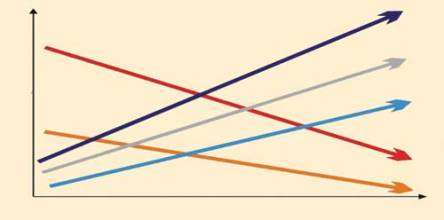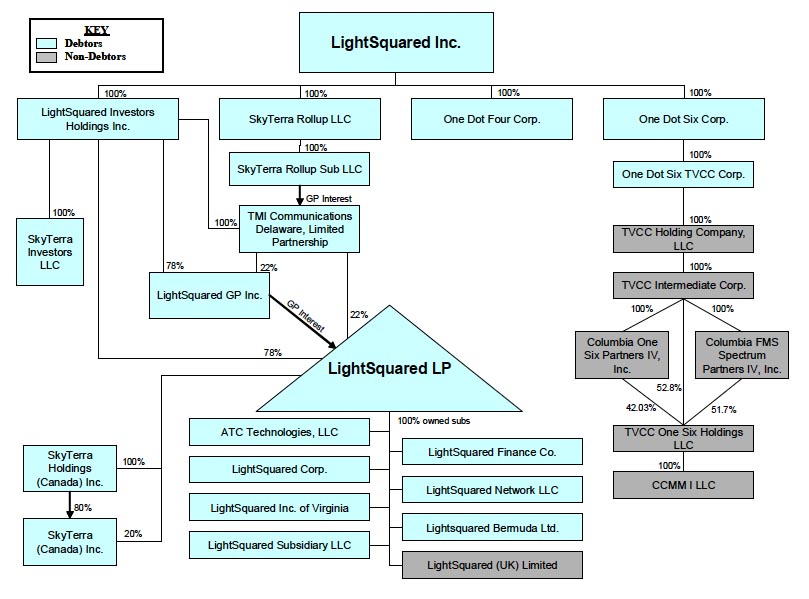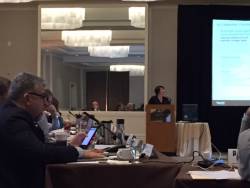In France, the National Spectrum Authority (ANFR) is charged with enforcing rules prohibiting radio-frequency jammers, including devices that disrupt GNSS services.
“The availability of GNSS data is crucial for maintaining in operational condition an ever growing number of key applications,” said Catherine Gabay, ANFR’s Deputy Director Spectrum Monitoring and Enforcement, Speaking at the International Technical Symposium on Navigation and Timing (ITSNT) 2023 in Toulouse. “GPS, Galileo, Glonass and Beidou are all inherently vulnerable to jamming, and this kind of interference, intentional or otherwise, is no less severe than a cyber attack.”
Sworn ANFR agents have the authority to investigate infringement of national regulations concerning spectrum use, and they are regularly sent out to locate active jammers, whether onboard moving vehicles or in fixed locations. Gabay shared some recent cases with the ITSNT audience, including one that occurred in March, 2023, in the vicinity of Merville airport, in the North of France.
“We received a notice from the Directorate General for Civil Aviation (DGAC) about interference on the L1 frequency, 1575 Mhz,” she said, “which was affecting planes and SAMU [air ambulance service] helicopters.” After analyzing recorded in-flight readings from a DGAC control aircraft, two agents from ANFR’s Boulgne-Sur-Mer branch immediately moved in. Their search resulted in the identification and localization of a GNSS jammer onboard a professional vehicle. “Our agents requested support from the police, to allow the immediate seizure of the jamming equipment. The driver of the vehicle was taken into custody.” But the case didn’t end there.
Surprise find
“Despite the seizure of the vehicle-mounted jammer,” said Gabay, “on the very next day, the DGAC sent word that they were still experiencing GNSS jamming at the airport.” ANFR got back to work. A second search led them to a house in nearby Estaires.
“We have to be especially careful in a situation like this, Gabay said, “because someone who is using a jammer may be doing so to cover other illegal activities, and that could be dangerous for our agents. In this case, we called in the Gendarmerie to assist.” The resident of the house was persuaded to hand over a rather sophisticated, multi-band jammer that he had purchased on the internet. The device was immediately switched off, but the ANFR agents were still detecting GNSS-band interference. “It turns out there was a second, identical jammer in the garden shed, behind the house,” Gabay said. Both of the jammers were seized.
Gabay said that while the operation of radio-frequency jammers is strictly prohibited under French law, they are still relatively easy to procure online. “Violation of this prohibition exposes the offender to a maximum penalty of six months in prison and a fine of 30,000 euros,” she said, “so let the buyer beware.”






